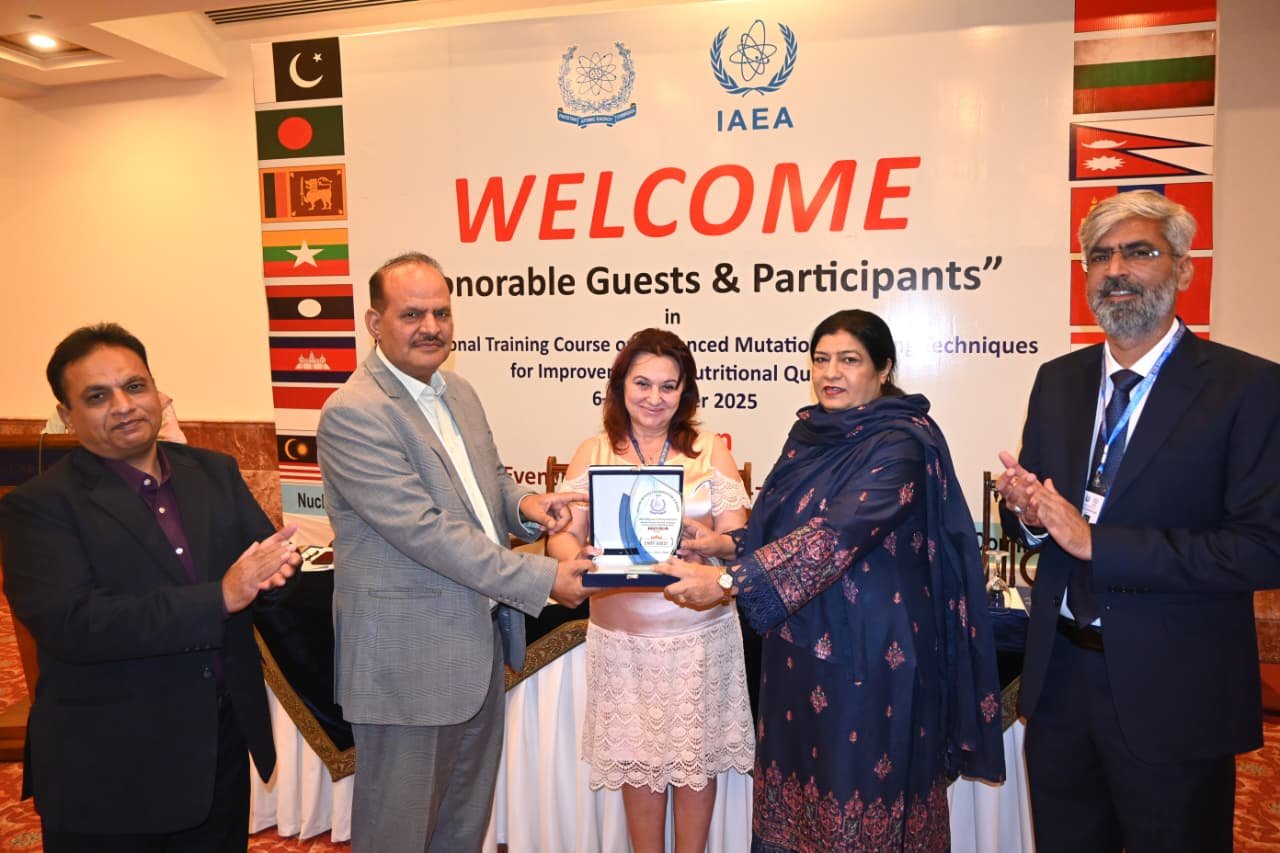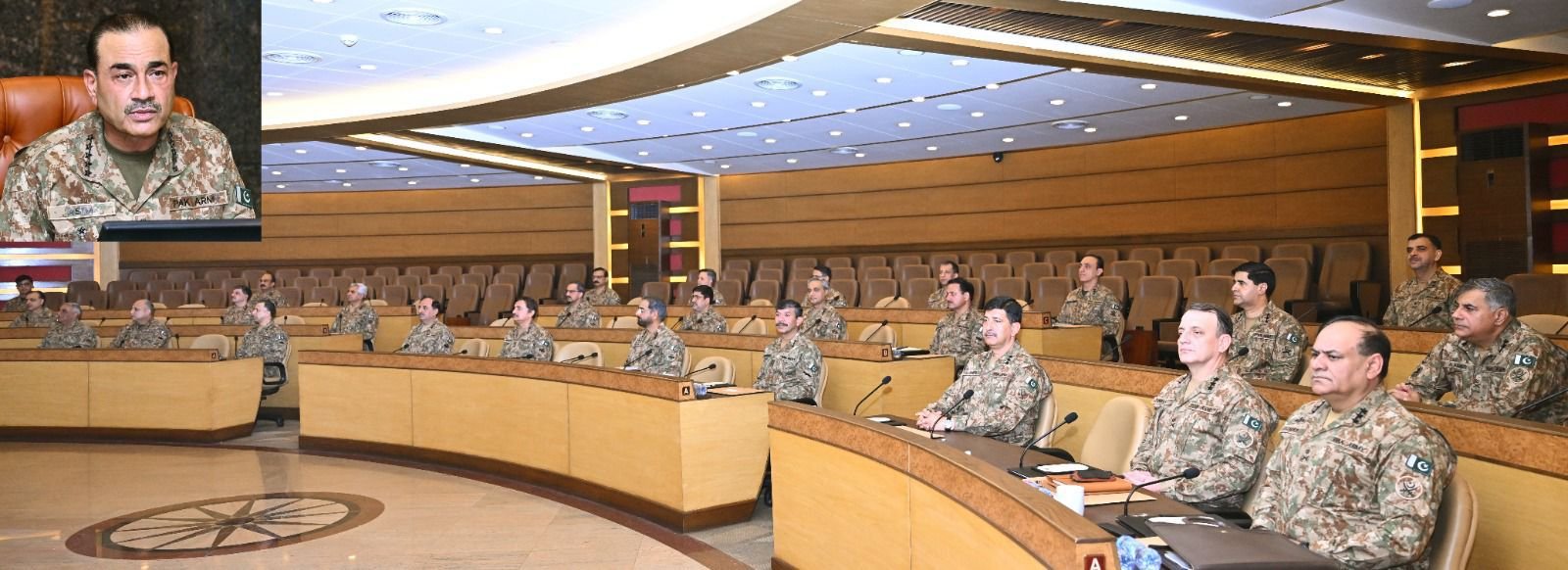
By Hafiz Ahsaan Ahmad Khokhar
Advocate Supreme Court of Pakistan |
Constitutional Jurist & Election Law Expert
The ongoing standoff in the Khyber Pakhtunkhwa Assembly, where members elected on reserved seats remain barred from taking oath despite a binding Supreme Court order dated 27 July 2025, has created a constitutional crisis with serious implications for the integrity of Pakistan’s upcoming Senate elections. The deliberate refusal by the Speaker to convene a proper session and the repeated breaking of quorum by treasury benches are not mere procedural lapses—they represent a conscious defiance of constitutional obligations and judicial authority.
The constitutional framework requires that Senate elections under Article 59 be conducted through a complete and functional provincial assembly, formed via proportional representation. This cannot happen while lawfully notified members remain unsworn. Article 55(2), read with Article 127, mandates a one-fourth quorum (37 out of 145 members in KP), while Rule 5 of the KP Assembly Rules compels adjournment where quorum is broken. Rule 274 further bars any unsworn member from participating in proceedings.
Despite issuance of the Senate election schedule by the ECP on 4 July 2025, and formal letters sent to the Speaker, Chief Minister, and Governor, no meaningful action has been taken to facilitate oath-taking. This is in violation not only of Article 218(3)—which obligates the Election Commission to ensure free and fair elections—but also of the Supreme Court’s judgment, enforceable under Article 189 and protected by the contempt powers in Article 204.
The recently amended Article 255(2), as per the 26th Constitutional Amendment, provides a lawful mechanism to address the impasse: if oath-taking becomes impracticable in the prescribed forum, a person may be nominated by the Chief Justice of the concerned High Court to administer the oath. This route can now be invoked by the ECP, which should approach the Chief Justice of the Peshawar High Court for urgent nomination of an officer to facilitate oaths outside the obstructed Assembly.
Simultaneously, the Governor of KP retains constitutional power under Article 109 to summon the Assembly. Although ordinarily exercised on the Chief Minister’s advice under Article 130(2), constitutional jurisprudence permits the Governor to act independently when constitutional continuity is at stake. If the chamber remains inaccessible or politically manipulated, the Governor may designate an alternative venue, provided quorum is achieved and access is guaranteed.
If obstruction continues, the High Court under Article 199 may issue mandamus to enforce constitutional performance. Should defiance of the Supreme Court persist, contempt proceedings under Article 204 remain available.
To preserve the legitimacy of Senate elections, ensure compliance with the Supreme Court’s July 27 order, and uphold representative democracy, the following coordinated legal steps are advised:
1. The ECP should postpone the Senate election in KP under Section 58 of the Elections Act, 2017, until all reserved-seat members have taken oath and the Assembly is lawfully complete.
2. The Governor should exercise Article 109 to summon the Assembly independently, and if necessary, specify an alternate venue for the session.
3. The ECP should approach the Chief Justice of the Peshawar High Court under Article 255(2) to nominate an officer to administer oaths in an alternate setting, if the Speaker remains defiant.
4. Constitutional courts may be approached to issue mandamus or contempt actions where judicial orders are flouted or fundamental rights under Articles 17 and 25 are infringed.
This is not merely a test of parliamentary procedure but a challenge to constitutional governance itself. The Constitution offers a clear remedy. The institutions entrusted with its preservation must now act decisively to enforce it.










